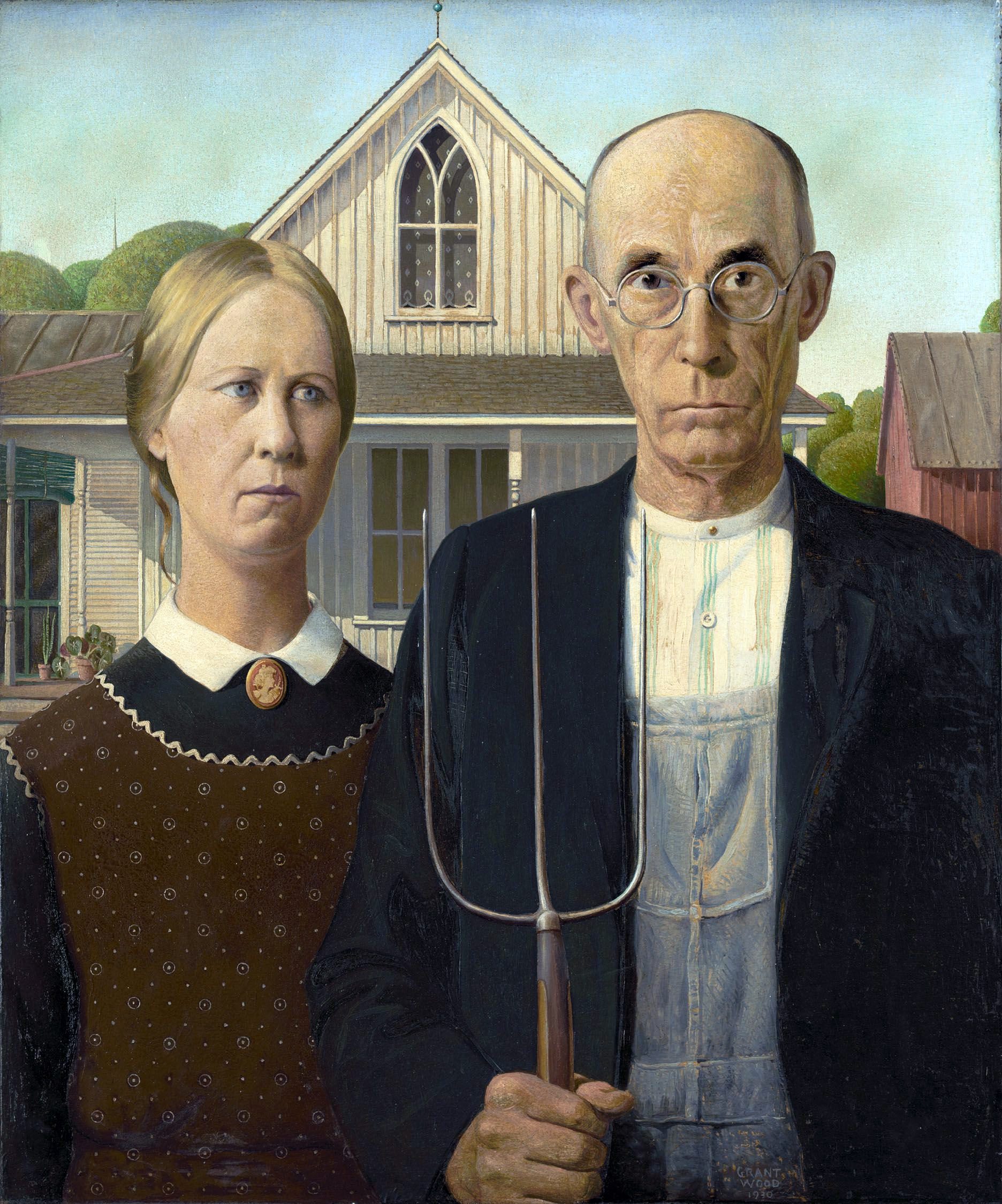Famed Russian novelist Leo Tolstoy wrote, “wrong does not cease to be wrong because the majority share in it”, implying majority rule does not equate to rule of law. That there must be provisions ensuring the morality of a country is upheld even when the majority fails to uphold that morality.
A sentiment advanced by philosophers and scholars for centuries. Even Herbert Spencer, the father of social Darwinism, a social theory that only the most fit become the most successful, cautioned against the possible moral depravity of the majority. In 1850-1851 he wrote, “The Right to Ignore the State”, in which he espoused the law of equal freedom. A natural rights law that states every individual has the right to equal freedoms, and any law that impinges upon that natural right is unlawful and deserves to be ignored.
This was then echoed across the Atlantic Ocean by American philosopher Henry David Thoreau, who wrote about the importance of natural rights, the unalienable liberties that no law may rightfully restrict. In his famous essay, “Civil Disobedience”, he highlights the importance of morality in law. That while unjust laws exist, it remains our collective duty to stand up to such laws – to live as a counter friction to the injustice of immoral laws. Throughout the essay he emphasizes the significance of morality over the will of the majority, and that doing what is right is of utmost importance, regardless of whether it is popular or in line with majority belief.
But perhaps no one understood the harms of majority rule as well as French historian Alexis de Tocqueville. His book, “Democracy in America”, is considered one of the most influential books ever written about early America. He believed the industriousness, morality, and optimism exhibited among the Americans he interviewed were the defining characteristics of the American democratic system.
But he warned that absent such characteristics, particularly morality, America can easily devolve back into a state of tyranny, which plagued much of Europe during America’s early years.
Tocqueville was also keen to note that tyranny can exist in both literal and figurative ways – it can be exemplified through a literal king who commands by executive fiat, or unopposed decrees, and also through a figurative tyranny.
Something he described as the tyranny of the majority, when the majority population begins to restrict the rights of minority populations, including denying the rights of those who disagree with the majority. Tocqueville noted that democracy can only exist when the minorities are protected as much as the majority, and absent equal protections enjoyed among all populations, democracy will no longer be viable in America.
For most Americans, these intellectuals and their works are relegated to the history books. But in recent years, these warnings have proven eerily prescient for many physicians who find themselves isolated within the growing disparity between clinical medicine and healthcare law.
When physicians are accused of breaking the law, rule of law typically gives way to mob rule, as both – the prosecutors and the defendant – vie to control the dominion of public opinion. Prosecutors and defense attorneys will send a barrage of articles, notices, and press releases, fully intending to win the masses before winning a single legal argument – press release after press release, and social media post after post.
As entertaining as the back and forth may be, this behavior violates the fundamental tenants of rule of law. That the law should apply to all equally, that no matter what someone’s background or means may be, the law would apply to everyone equally and fairly.
But when law devolves into legal spectacle and legal arguments are glorified social media competitions, the legal burden falls disproportionately upon those without means, those lacking the financial backing and social networking to mount such a public campaign.
In many ways this is how we define guilt and innocence. When a physician is accused of prescribing opioids illegally, it is the local and national healthcare community that fights on behalf of the accused, initiating petitions and calling on legislators to support the accused physician. When a physician is accused of inappropriately disseminating vaccines to those not eligible, it is again the local and national healthcare community that fights on behalf of the physician.
The mob of healthcare inflicts the public pressure upon the legal system, substantiates the legal argument for the physician, and determines the validity of the court decision.
Yet the very provisions set forth in the Constitution, the very premises argued upon by Spencer and Thoreau and Tocqueville, decry this very notion – that the law should not be subject to the whims of the masses, even of the healthcare masses.
There must be a standardized framework through which we can examine healthcare behavior and determine criminality – absent the impact of the masses. So that an unpopular physician may enjoy the same protections under rule of law as a popular one, that a physician of means receives the same due process as one without.
This begins by restructuring healthcare laws to withstand public sway. Yet most healthcare laws are vaguely defined as broad statutes or generalized characteristics, or through loose terminology that can be interpreted widely.
Legal arguments attribute isolated, specific healthcare behaviors to specific criminal acts, which only appear as criminal when the acts are devoid of any underlying context. But in healthcare, we cannot deduce behavior from its component actions – it has to be viewed in its entirety, its essence, to truly understand it.
The whole of medicine cannot be simplified into a single act, or be defined through a limited set of actions without the underlying clinical basis. The law must appreciate the full expanse of clinical medicine – and the full context of all clinical actions – in order to fairly determine criminality.
From that perspective, healthcare law should be constructed to examine healthcare behavior as whole first, and then distill individual actions based upon how each act relates to the entire behavior.
Standardizing a frame of reference through which healthcare behavior is analyzed legally.
An approach advocated by Chief Justice John Marshall when he analyzed legal cases presented to him early in America’s history. He advised, “the minor ingredients which compose those [individual acts should] be deduced from the nature of the objects themselves” – or to look at the essence of healthcare behavior first and then study the elements of individual actions relative to the whole behavior afterwards.
And more importantly, standardizes how legal arguments are created among healthcare cases.
Until we standardize the interpretation of healthcare laws, the laws will continue to remain vague and broadly defined – ripe for manipulative interpretations that sway based upon the pull of the prosecutor or the accused.
The greater the pull, the greater the credibility. The greater the credibility, the stronger the legal argument.
Yet the importance of credibility when it comes to rule of law, ironically, is that it should not be important, but when physicians are the ones accused, it remains ever important – rule of law be damned.















